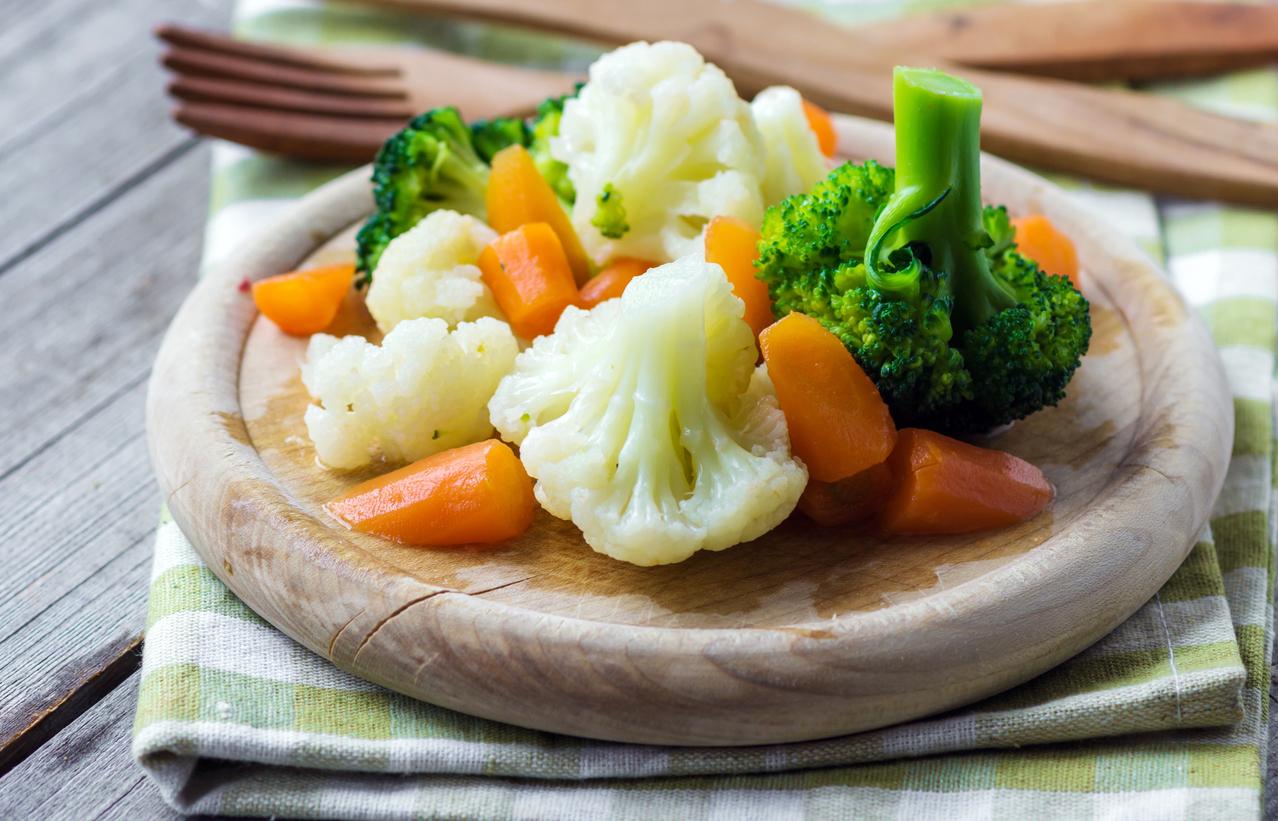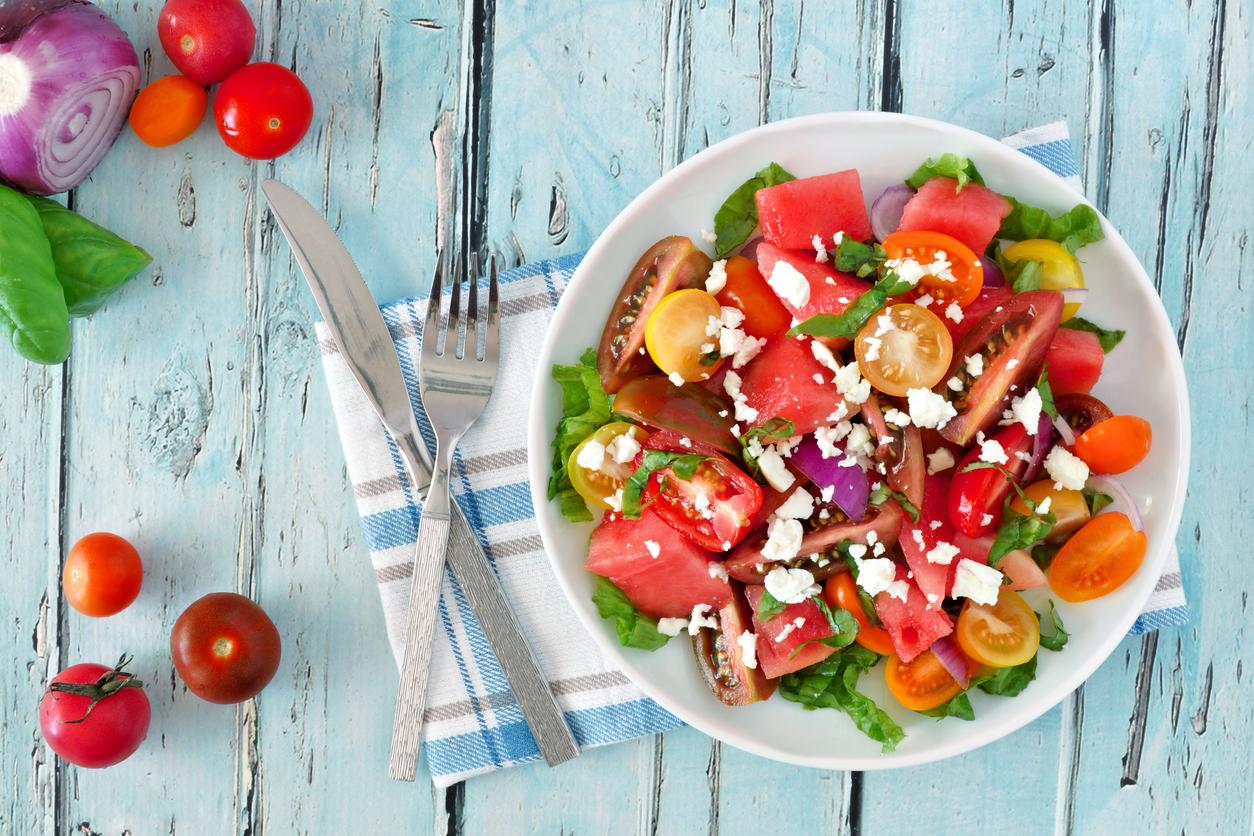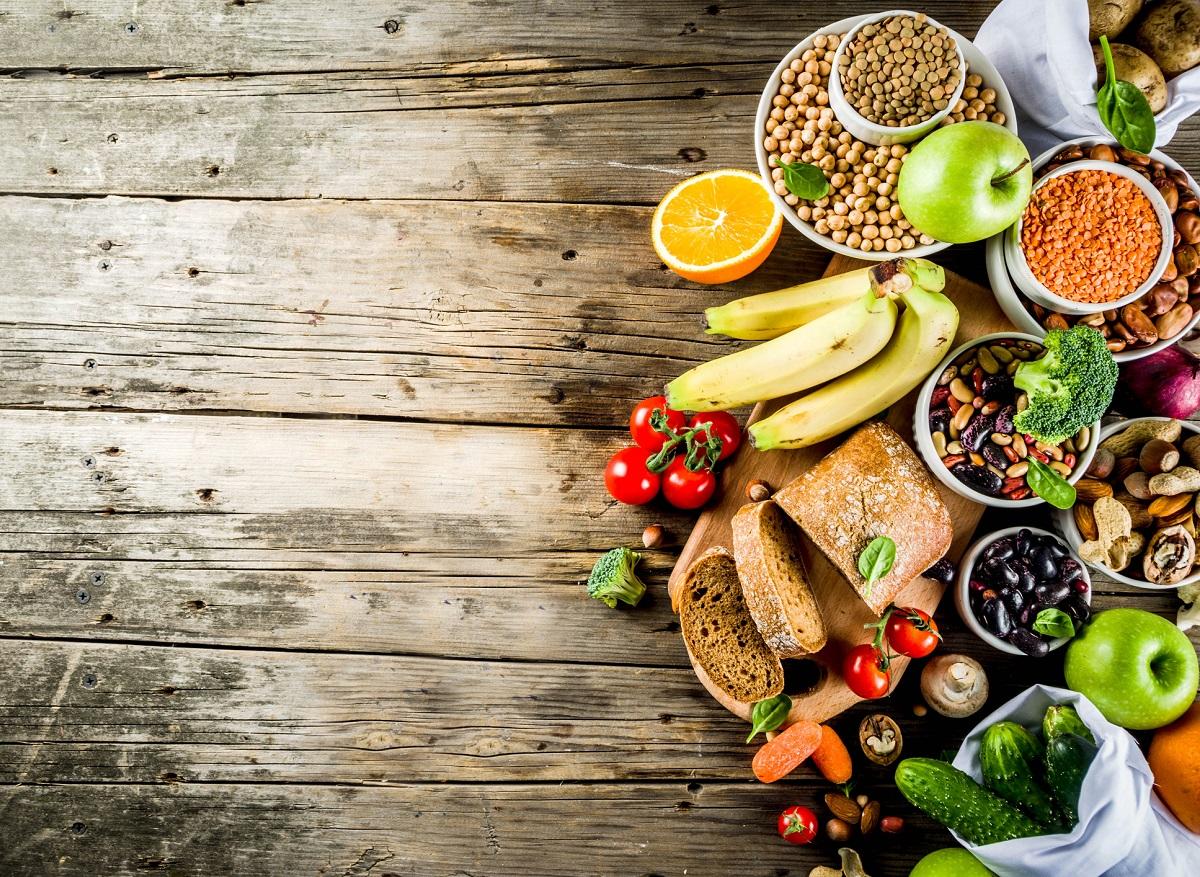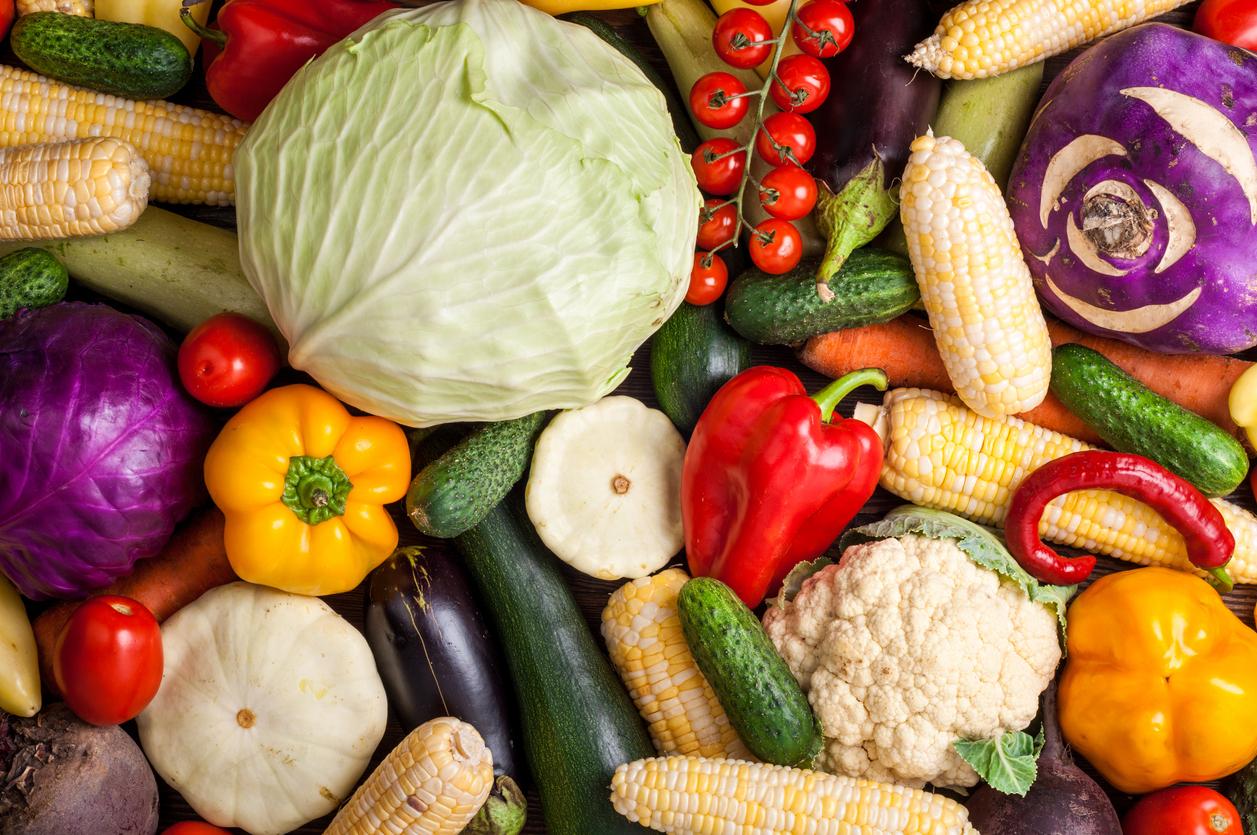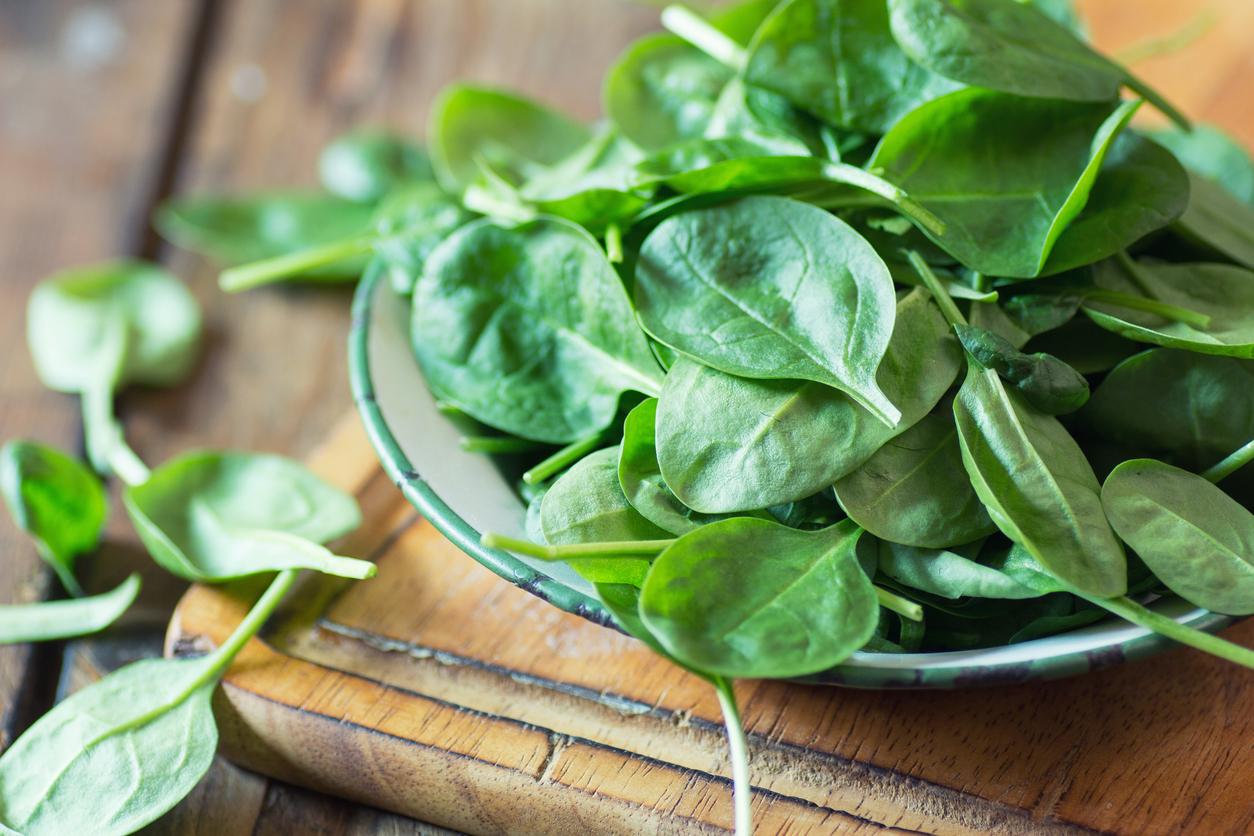
February 7, 2017.
Eating fruits and vegetables is great for your health, but will this eating habit become a luxury? Prices have indeed risen sharply in recent weeks.
Out-of-season vegetables have seen their prices triple or even quadruple
You have certainly noticed this while shopping: the prices of fruits and vegetables have increased significantly in recent weeks. Zucchini at € 4.50 per kilo, salads at € 2.30 per kilo, eggplants at € 10 per kilo, broccoli at € 7 per kilo … ” We pay them two or three times the normal wholesale price », Explains a Parisian trader at the microphone of Europe 1. ” There are customers coming out of the store, that’s for sure: they see the prices, it’s not possible for them to pay those prices. “.
On average, off-season vegetables have seen their prices triple or even quadruple this season. Markets and small traders are not the only ones to be affected, large retailers also have to face an increase in the prices of their suppliers, which inevitably has an impact on the price paid by the consumer. But how to explain such a phenomenon?
Spain has been hit by floods and frost
Our main supplier of vegetables is Spain. There, zucchini is in season, for example. Buthe south-east of the country has been hit by floods, frost and snow, so much so that a large part (25%) of vegetable production has been destroyed. The foodstuffs that survived these bad weather therefore sold for a high price. In winter, all the courgettes on our stalls are Spanish.
Great Britain, which is the second largest importer of Spanish fruit and vegetables, behind France, has also been affected by this shortage. This is what prompted two of the UK’s leading supermarket chains to ration salad and broccoli. In one of these supermarkets, customers cannot buy more than three iceberg lettuces per day. What if this was the opportunity to turn to our seasonal vegetables?
Marine Rondot
You can also read Passeport Santé has tested for you: varied and balanced menus












